Lacy Watson, a Bluefield, West Virginia, native and a Democrat, has run for elected office in West Virginia three times—twice for delegate, and currently for the U.S. House of Representatives in the state’s 1st Congressional District.
“Before Roe v. Wade was overturned,” he told The Dispatch, abortion “really never came up.”
Before the June 24 Supreme Court decision in Dobbs v. Jackson Women’s Health Organization that handed the power to regulate abortion back to elected officials, “maybe 5 percent” of Watson’s current congressional campaign was oriented around abortion access. After the decision, he said, the subject amounts to “95 percent of the comments I hear in my campaign, just regarding that one issue.” Now, he has people from all across the political spectrum coming up to him to discuss abortion.
“In my experience, it’s an issue that is often as distant as the abortion clinic itself” for rural Democrats, said Joe Shepherd, founder and president of United Rural Democrats, a political action comittee focused on electing Democrats in rural constituencies.
For some active in rural Democratic politics, however, a once-distant issue has come front and center after the Dobbs decision. As engagement on abortion increases, many rural Democrats who are outnumbered by their Republican neighbors see opportunities for bridge-building—and perhaps political success—on an issue often more nuanced than the national conversation allows.
The decision has, and will likely continue to have, concrete practical ramifications, particularly for rural populations. In West Virginia, the state’s only abortion clinic closed June 24 when a law from the 1800s that mandated felony charges for those receiving and facilitating abortions went into effect. A July 18 injunction from the Kanawha County Circuit Court reopened the clinic for appointments after a judge ruled there were too many conflicting laws on the books in West Virginia, making it difficult to know what was legal and illegal in the state. Other states like Missouri, Kentucky, Mississippi, and North and South Dakota have one clinic apiece, according to the pro-choice Guttmacher Institute.
A PBS NewsHour/Marist poll conducted immediately after the Dobbs decision found that among those Americans who identified themselves as living in a rural area, 54 percent supported the ruling, and 42 percent opposed it. Among those who lived in small towns, 45 percent were in favor of the decision undoing the right to an abortion, and 47 percent against it. By contrast, those who identified themselves as living in big or small cities were opposed to the decision by much larger margins, at 74 percent and 59 percent respectively.
Rural America has turned deeper and deeper red over the last two decades. In Mercer County, West Virginia, Watson’s home county, George W. Bush beat John Kerry by 18 points in the 2004 presidential election, 58 percent to 40 percent. In 2020, Donald Trump beat Joe Biden by 54 points, 76 percent to 22 percent. Yet, the comparatively thin margins between those who support the Dobbs decision in rural areas and those who oppose it show that the dynamics on abortion aren’t so simple.
Rural voters were once part of the Democratic Party’s electoral bread and butter. Now, though, their concerns often don’t match the national Democratic conversation.
Shepherd, a Midwest native, sees the rural Midwest voter as skeptical of the programs of both Republicans and Democrats. “They find the Democratic Party as it stands now to be either coastal elitist or like they want to just wag their fingers at them on this, that, and the other,” he said. “But these are also not dyed-in-the-wool conservatives.”
“These are people who voted for Barack Obama twice and Donald Trump once or twice,” Shepherd added.
“I have my issues with the national [Democratic] Party,” said Watson, who is pro-choice and whose congressional district covers much of southern West Virginia. “I really feel that they can do a lot more to tamp down the far-left rhetoric that really scares some of my voters in the state,” whom he asserts are generally more pragmatic than ideological.
“I think in my area, specifically, Democrats aren’t as progressive as somewhere like California,” said Tiffany Clemins, a Democrat running for state senate in West Virginia whose district is included in Watson’s. “So they’re straddling the fence. Some of them are pro-life. But they’re Democrats economically.” Clemins, a public school teacher, is pro-choice, but said she never expected it to be an issue in her race, which she hoped would focus on education and infrastructure.
Pro-life Democrats, while far from the norm in their party, can still be found, even on the national stage. Sen. Joe Manchin of West Virginia is one such Democrat. However, he wrote in a statement after the Supreme Court’s decision that, while he will always consider himself pro-life, he supports exceptions for rape, incest, and the life of the mother, and would “support legislation that would codify the rights Roe v. Wade previously protected.”
He voted against the Women’s Health Protection Act in May, though: Democrats introduced the bill after a draft of Justice Samuel Alito’s opinion was leaked, previewing Roe’s reversal. Manchin argued, with many of his Republican colleagues in the Senate, that the bill went further than simply codifying the right to an abortion.
The pro-life Democratic governor of Louisiana, John Bel Edwards, signed a “trigger law” in 2021 that banned abortion in his state with no exception for cases of rape or incest, though he said he was personally against no-exception laws. Both men are Catholic, and point to their faith as the source of their commitment to life.
Advocacy group Democrats for Life supports pro-life Democratic candidates for office, and estimates that as many as one-third of all Democrats are pro-life. According to its website, the majority of the pro-life, Democratic elected officials at the state level are in West Virginia, Pennsylvania, Louisiana, and Rhode Island.
While some rural Democrats may find themselves at odds with their party over the Dobbs ruling, many more are now energized by an issue that has long animated Republican voters. At the most recent meeting of the Bradford County Democratic Committee in Pennsylvania, the first since the Dobbs ruling, attendance was twice what it normally is, chairwoman Lisa LaBarre said in an email. Bradford County, in the northern part of the state, has a population of 60,000, and went for Trump by 52 points in 2020.
A former Republican who switched parties when Trump earned the GOP nomination in 2016, LaBarre told The Dispatch in a phone interview that the county party is looking toward the midterms. She has heard from people who are interested in registering to vote and in supporting the Democratic candidate for Pennsylvania governor, state Attorney General Josh Shapiro—even “Republicans that probably a month ago wouldn’t have even been considering it.”
Ed Tos, chair of the Huntingdon County, Pennsylvania, Democratic Committee, also said the first post-Dobbs committee meeting was unusually well-attended for July, when many committee members are typically on vacation. Rather than protests or demonstrations, as such a small committee so outnumbered in red territory, Tos said the group will be focused on electing Shapiro and Lt. Gov. John Fetterman, Democratic candidate for Senate
Both the senator and governor’s races in Pennsylvania are unique. Fetterman, who is recovering from a stroke and hasn’t been seen on the campaign trail since May, is running against daytime TV personality Mehmet Oz in a race that has been largely characterized by the exchange of Twitter jabs. Fetterman holds a healthy lead over Oz in statewide polls.
Shapiro is running against state Sen. Doug Mastriano, a polarizing figure who chartered buses to the Capitol on January 6, 2021, and supports no-exception abortion laws. And, as The Dispatch’s Audrey Fahlberg reported, during the primary Shapiro spent more money trying to boost the far-right Mastriano—whom Democrats thought they had a better chance of beating in the general election—than Mastriano’s own campaign did. Shapiro has made abortion a center-piece of his campaign and has touted support from some Republicans.
Midterm polls have gotten slightly friendlier for Democrats nationally in what is likely to be a strong Republican year. The generic ballot question, which asks whether respondents are likely to vote for a Democrat or a Republican in their House district, shifted in favor of Democrats immediately after the Dobbs decision: In May, 42 percent said they planned to vote Democrat and 49 percent planned to vote Republican, but that number shifted to an even 46 percent for both parties in a CNN poll conducted after the Dobbs ruling. Yet, it’s unclear the degree to which the increased enthusiasm from Democratic voters on abortion will be a factor, if at all.
“People are very angry,” Labarre, in Bradford County, Pennsylvania, said. “Is that anger going to hold? I don’t know.”
Republicans in the pro-life movement have spent the nearly five decades since Roe v. Wade politically motivated by its potential repeal. For some Republicans for whom Trump was not the ideal candidate in 2016, the promise of the nominations to the Supreme Court that would enable Roe v. Wade to be overturned—the so-called “But Gorsuch” voters, referencing Neil Gorsuch, the first of three Trump-nominated Supreme Court justices—was sufficient to earn Trump their vote.
Leigh Washburn, a member of the executive committee of the Iron County Democratic Party in southern Utah, fears that Democrats aren’t ready for the electoral fight now ahead of them at the state level, where statehouses and governorships will be the deciding factors in abortion access.
“No, I don’t think we were prepared, but we should have been,” she said of the Dobbs decision. “But I think we will get prepared because we have some pretty smart people in our party.”
Many Democrats who spoke to The Dispatch echoed the language of Vice President Kamala Harris, who said in a July 10 interview with CBS’s Robert Costa that many believed, wrongly, that “certain issues,” like abortion, “were just settled.”
Some hope the decision will ultimately lower the temperature on the debate, citing what seems like an increased willingness to discuss abortion openly across the political spectrum and a greater awareness of its nuances.
“I think, overwhelmingly, the majority of the people that I’ve talked to will have a conversation with you” about abortion, regardless of their stance, said Clemmins, the state senate candidate in West Virginia, and many people who are in the pro-life camp have acknowledged a desire for exceptions for rape, incest, and life of the mother.
Others are less optimistic.
“With an issue like abortion, either you’re talking about somebody’s fundamental rights or you are talking about murder, depending on your perspective,” Shepherd, United Rural Democrats president, said. “Because of that, there’s very little room to negotiate.”
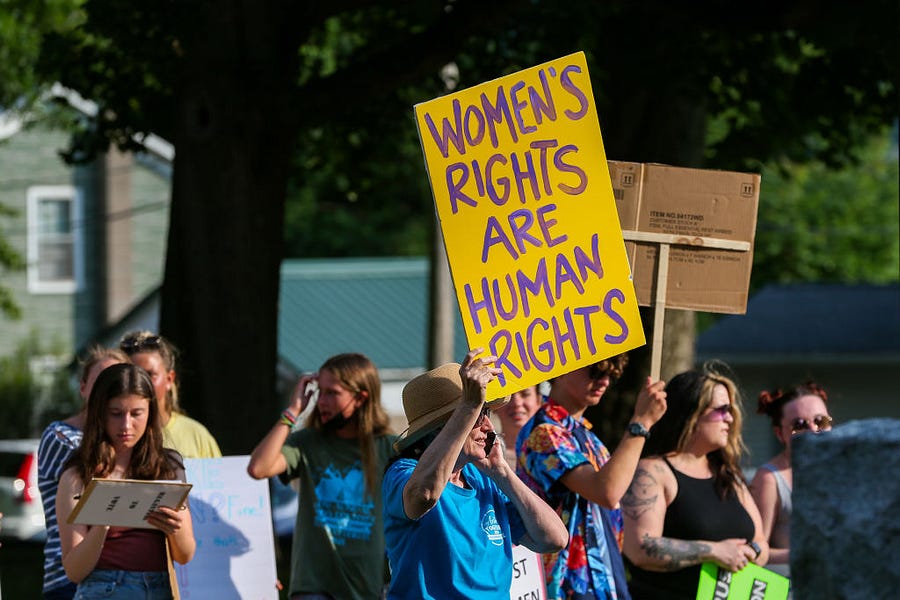

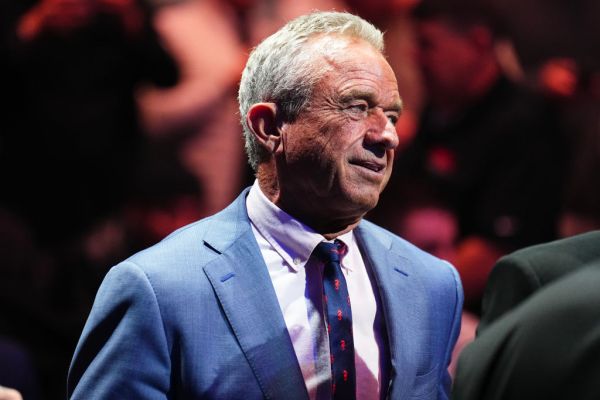
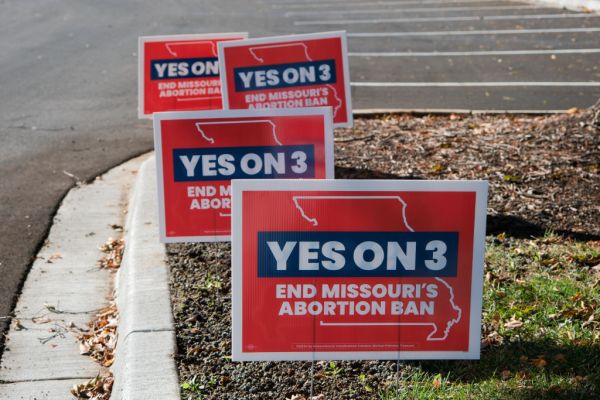
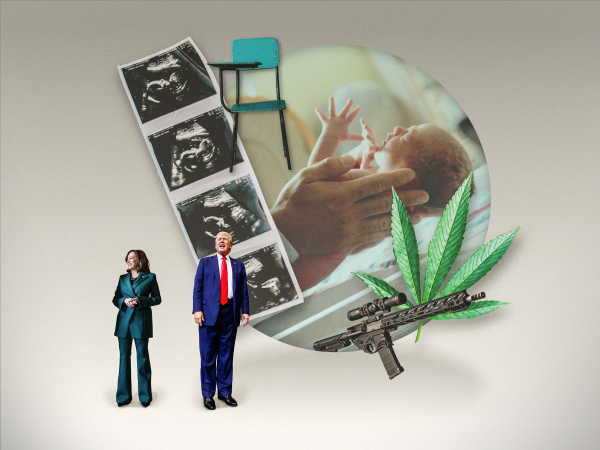


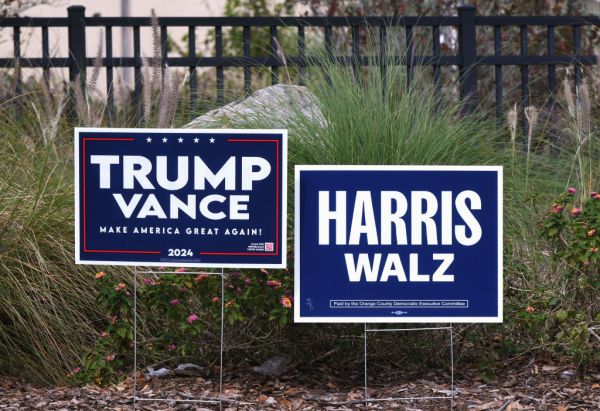
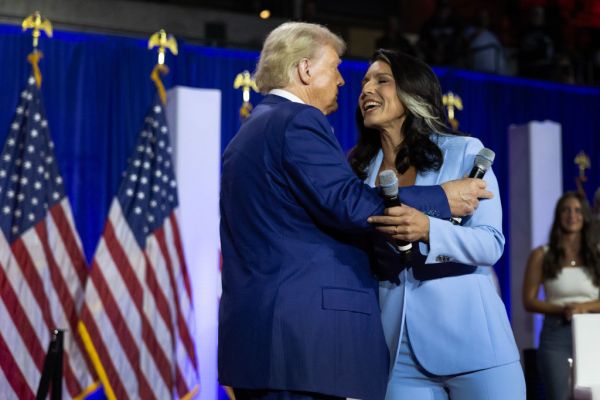
Please note that we at The Dispatch hold ourselves, our work, and our commenters to a higher standard than other places on the internet. We welcome comments that foster genuine debate or discussion—including comments critical of us or our work—but responses that include ad hominem attacks on fellow Dispatch members or are intended to stoke fear and anger may be moderated.
You are currently using a limited time guest pass and do not have access to commenting. Consider subscribing to join the conversation.
With your membership, you only have the ability to comment on The Morning Dispatch articles. Consider upgrading to join the conversation everywhere.